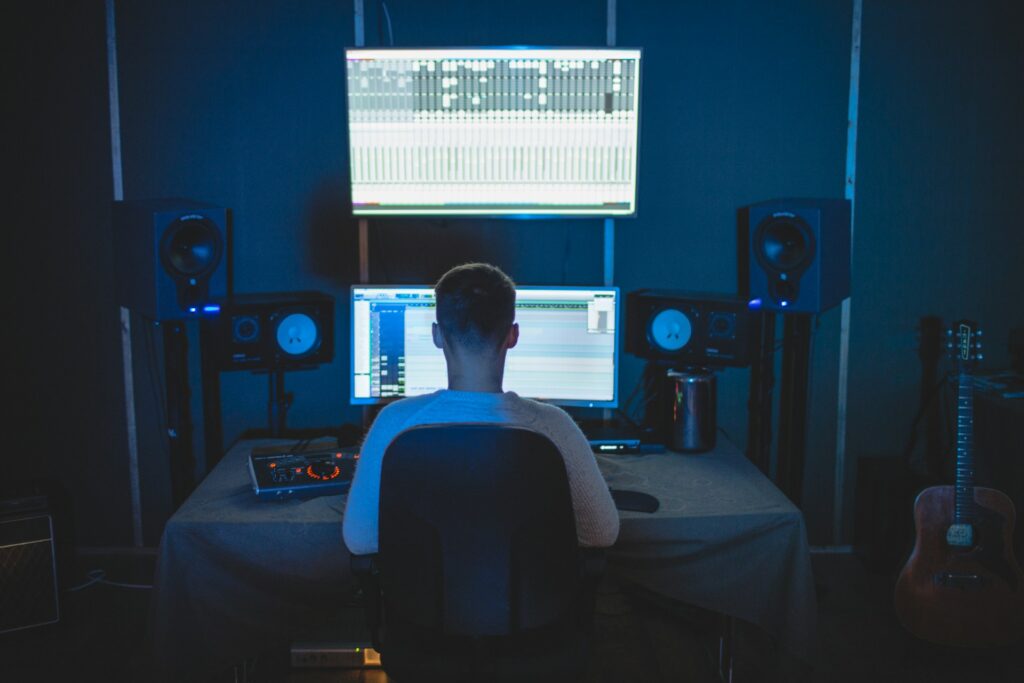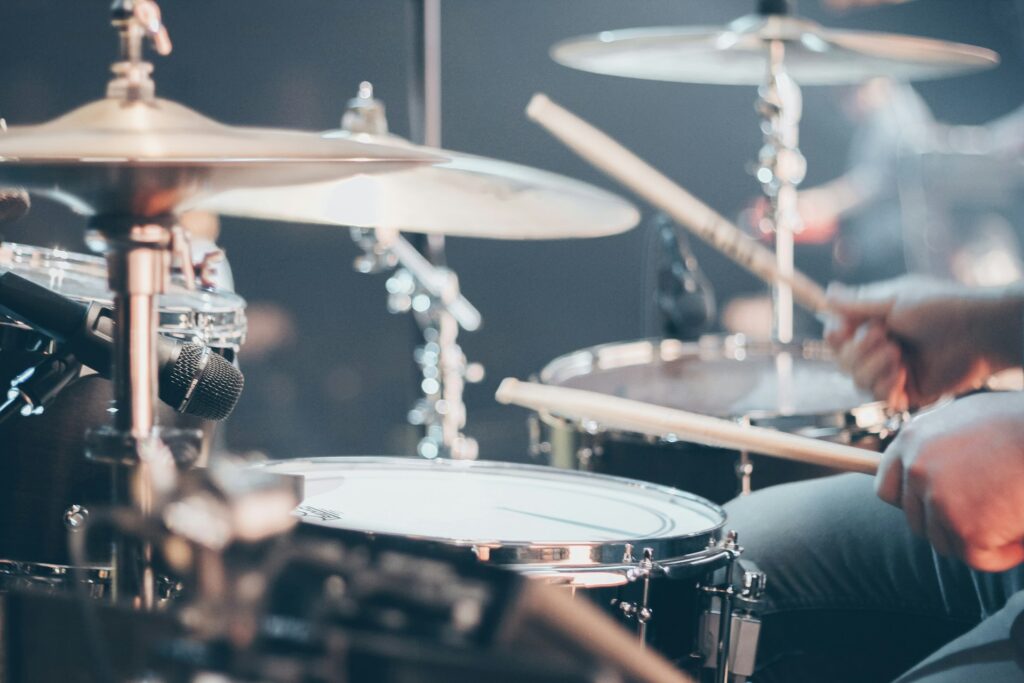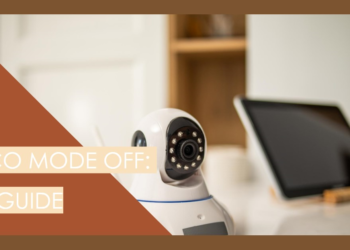Learn about What is Music Technology. Discover the evolution of music technology, from DAWs and AI composition to live performance innovations. Explore how digital tools shape modern music creation and production.
Introduction
The dynamic profession of music technology combines creative endeavors with scientific exploration so that musicians, producers, and sound engineers push the existing boundaries of audio production and performance.
The more general definition of music technology would have it refer chiefly to digital audio workstations (DAWs), synthesizers, and computer music software.
Broadening the definition, music technology would also have to include the psychology of auditory perception, the implications of artificial intelligence in composition, and the neural correlates of the musical experience.
What is Music Technology?
Music Technology is the study and application of the intersection between music and technology. A combination of tools, techniques, and innovations-however you rate them revolutionized almost every aspect related to existence, from how music is created to its production, recording, performance, and distribution.

This indicates that in the past, relatively small mechanical instruments paved the way for contemporary digital DAWs and all that in-between to transform the music industry and allow the artist maximum freedom for experimentation.
The History of Music Technology
1. Early Innovations
Music technology started in the 19th century when in 1877 the phonograph was invented by Thomas Edison, which could record and play back sounds – this began the recording industry. Thereon in the 20th century, advances led to the development of mic and magnetic tape that were able to capture and record sound.
2. The Rise of Electronic Instruments
The 1950s to 60s saw the founding of electronic instruments such as synthesizers by Robert Moog himself. Their contribution to sounds now produced by musical instruments made room for new kinds of music such as alternative, techno, and other electronic forms.
3. The Digital Revolution
A couple of decades people have witnessed a changeover from analog to digital music production during the late 20th century and early 21st century. The advent of Digital Audio Workstations, such as Pro Tools, Logic Pro, and FL Studio, brought about a revolution by enabling the complete digitization of high-quality music production in the home studio.
Key Components of Music Technology
1. Digital Audio Workstations (DAWs)
Digital Audio Workstations (DAWs) are central to modern music production and enable artists to compose, edit, mix, and master their work. Powerful DAWs such as Ableton Live, FL Studio, and Pro Tools offer the creative environment and features that make work in the professional and home studio vomitously worthwhile.
2. Audio Recording Equipment
A high-quality microphone, audio interface, and studio monitors record as accurately as possible. A condenser microphone picks up the tiniest nuances; a dynamic microphone handles loudness. An audio interface converts analog signals into digital signals for use in computers, and studio monitors offer the most accurate reproduction of sound to yield the best results for mixing and mastering.
3. Music Production Software
Creative possibilities are expanded with plugins, virtual instruments, and sound design tools. Synthesizers like Serum and Omnisphere are sources for original sound generation; effect plugins such as reverb and equalization work to improve the quality of the sound. This allows producers to make high-quality music that is sure to stir up innovations.
4. Virtual and Augmented Reality in Music
VR concerts and AR-enhanced performances are the new way to feast on live entertainment. Artists will use holograms, immersive environments, and interactive technology to change the interaction of the audience with the performers. Such changes will add a little extra zing to the already magnetic concert atmosphere.
Types of Music Technology
Analog vs. Digital Technology
Analogue technology records sound continuously, for example, tape recorders and LP records. It captures sound waves and gives a very warm, genuine tone to sound reproduction.
Whereas digital technology uses software, artificial intelligence-generated sounds, and digital effects, providing the highest fidelity on the one hand and flexibility, automation, and limitless creativity in contemporary music production on the other.
Hardware vs. Software
The hardware comprises physical instruments, microphones, MIDI controllers, and audio interfaces to the touch. The software includes DAWs, virtual instruments, and plugins – all designed to help the producer create, edit, and manipulate sounds digitally while providing advanced features and automation tools aimed at making the workflow seamless.
Digital Innovations in Music Creation
1. AI and Generative Composition
AI has now moved on from being solely an experimental form of music and is implementing real-world applications such as scoring movies, custom playlists, or therapeutic soundscapes. Current AI models have moved away from the standard techniques of AI-generated music and started analyzing human emotions to create real-time, mood-reactive music.
2. Haptic Interfaces for Music
Most music production uses visual and auditory feedback, and haptic music interfaces like the MiMu gloves include tactile feedback in music production. With the use of MiMu gloves, musicians can now shape sound over the space of their bodies using their hands. Body movements can thus initiate musical composition.
3. Brainwave Music Systems
Brain-computer interfaces are most future-like and under-discussed among all the music technologies nowadays. The patterns of brainwaves are translated into compositions of music, that is, allowing and enabling the user to produce music without even coming into contact with any instrument. Hence, the technology has a rosy prospect in accessibility through interfaces that allow people to convey their feelings through music.
Recording Technology in Music
Analog Recording Methods
Digital Recording – Before digital recording came into existence, magnetic tapes were used for recording music. Multi-track tape recorders are used to record the various sound layers and produce complex pieces of music.
Digital Recording Advancements
Digital Audio Workstations now handle modern recording with fine precision editing, mixing, and mastering. High-resolution formats also guarantee a crystal-clear sound and have simplified the art of music production like never before.
Music Technology in Live Performance
Looping and Sampling
In-the-pocket loop stations allow solo artists like Ed Sheeran to lay live recordings into real-time full arrangements. Sampling provides the means for musicians to launch pre-recorded sounds, adding dynamic and creative design to the soundscape of their live performances.
Digital Mixing Consoles
Modern digital mixing consoles give far more precise control over live sound, allow the use of customized presets, and give real-time changes and advanced audio processing. These tools help ensure balance and clarity of the sound and thus make the live performance a more polished and professional event.

In-Ear Monitors (IEMs)
IEMs enable musicians to enjoy their audio, thus enhancing stage monitoring and minimizing noise interference from the outside world. They allow the performer to have an in-depth understanding of their instruments and vocals, thereby promoting better synchronization and overall sound quality during live performances.
Light and Visual Synchronization
Advanced systems of light and visual effects have been implemented to synchronize with live music, creating immersive experiences for concert-goers. Technologies include LED screens, lasers, and pyrotechnics, engaging audiences and transforming performances into great multisensory spectacles.
Conclusion
Music technology is an enormous simultaneous field, and the first thing you know, it looks like nothing else but a computer-based thing: actual makeup, without even setting out exploring experimental interfaces and the ethical dilemmas they pose and futurist innovations. As quantum computing, neuroadaptive systems, and AI keep evolving, what music is might eventually shift in ways we cannot yet conceive.






